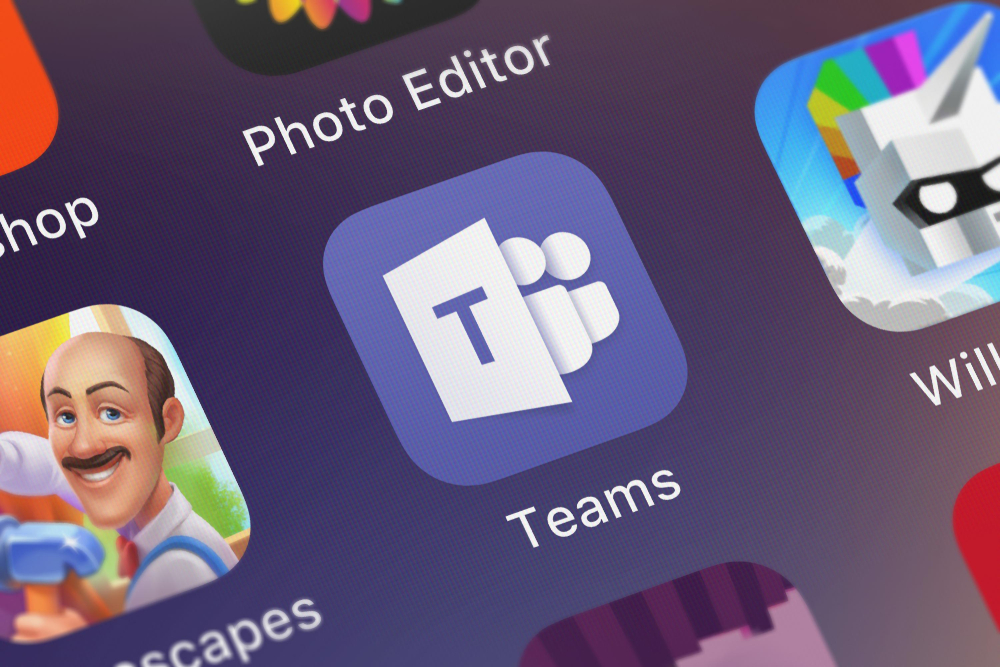Microsoft launches bug bounty programme for Teams
The programme will award bug hunters up to $30,000 for the most severe exploits


Microsoft has launched a bug bounty reward programme for its Teams desktop client with potential rewards of up to $30,000.
The reward scheme falls under the new Microsoft Applications Bounty Programme, which so far only covers Microsoft Teams but will be expanded to include others in the near future.
Lynn Miyashita, programme manager at Microsoft Security Response Centre (MSRC), said: “Partnering with the security research community is an important part of Microsoft’s holistic approach to defending against security threats. As much of the world has shifted to working from home in the last year, Microsoft Teams has enabled people to stay connected, organized, and collaborate remotely.
“Microsoft and security researchers across the planet continue to partner to help secure customers and the technologies we use for remote collaboration.”
The programme includes scenario-based bounty awards for vulnerabilities that have the highest potential impact on customer privacy and security. The rewards for this range between $6,000 to $30,000.
There are also general bounty rewards for other valid vulnerability reports for the Teams desktop client, with the rewards ranging from $500 to $15,000. Microsoft will also accept submissions for Teams online services, but those will be rewarded under the Online Services Bounty Program, where rewards are between $500 to $20,000.
Valid reports for Microsoft Teams research are also eligible for a 2x bonus multiplier under the Research Recognition Programme, the company has confirmed. These points contribute to a researcher’s eligibility for the annual MSRC Most Valuable Security Researcher list.
Sign up today and you will receive a free copy of our Future Focus 2025 report - the leading guidance on AI, cybersecurity and other IT challenges as per 700+ senior executives
In August 2020, it emerged that Microsoft paid out $13.7m (£10.5m) across 15 bounty programmes during the last 12 months, over three times the amount paid to researchers in the same period during 2018/2019. The biggest single reward was $200,000, with 1,226 eligible vulnerability reports being filed during the period.
Zach Marzouk is a former ITPro, CloudPro, and ChannelPro staff writer, covering topics like security, privacy, worker rights, and startups, primarily in the Asia Pacific and the US regions. Zach joined ITPro in 2017 where he was introduced to the world of B2B technology as a junior staff writer, before he returned to Argentina in 2018, working in communications and as a copywriter. In 2021, he made his way back to ITPro as a staff writer during the pandemic, before joining the world of freelance in 2022.
-
 Open source security in the spotlight as UK gov publishes fresh guidance
Open source security in the spotlight as UK gov publishes fresh guidanceNews The UK government has issued guidance on how organizations should manage their use of open source software components and mitigate supply chain risks.
-
 86% of enterprise codebases contain open source vulnerabilities
86% of enterprise codebases contain open source vulnerabilitiesNews Research from Black Duck’s annual open source security report found 86% of codebases contained open source vulnerabilities.
-
 Flaws in a popular dev library could let hackers run malicious code in your MongoDB database
Flaws in a popular dev library could let hackers run malicious code in your MongoDB databaseNews A popular third party library of MongoDB could allow attackers to execute malicious code on company servers.
-
 Microsoft defends “negligent” security approach that prolonged vulnerability fix for five months
Microsoft defends “negligent” security approach that prolonged vulnerability fix for five monthsNews The tech giant has refuted claims that its practices have left customers “in the dark”
-
 Windows 10 users locked out of devices by unskippable Microsoft 365 advert
Windows 10 users locked out of devices by unskippable Microsoft 365 advertNews Entering payment information was the only way for some to enter their own PCs
-
 Google patches second Chrome browser zero-day of 2022
Google patches second Chrome browser zero-day of 2022News Google acted quickly to secure against the type confusion vulnerability that was under active exploitation
-
 Google Chrome update fixes zero-day under active exploitation
Google Chrome update fixes zero-day under active exploitationNews Google releases a fresh wave of patches for severe vulnerabilities that could facilitate code execution and system takeover via Google Chrome
-
 CISA updates must-patch bug list for federal agencies
CISA updates must-patch bug list for federal agenciesNews Latest collection includes bugs up to seven years old that are still exploited in the wild


